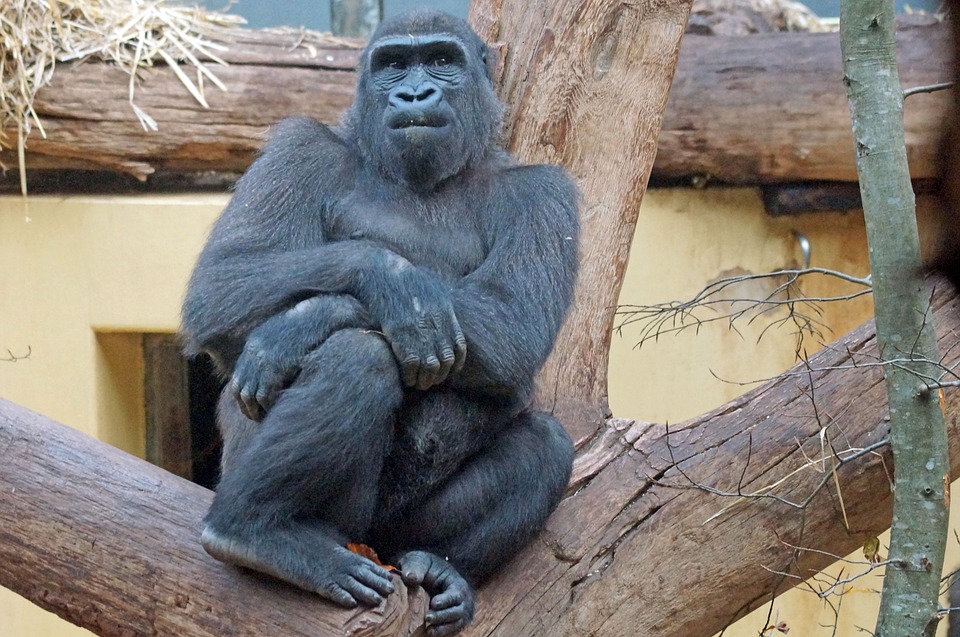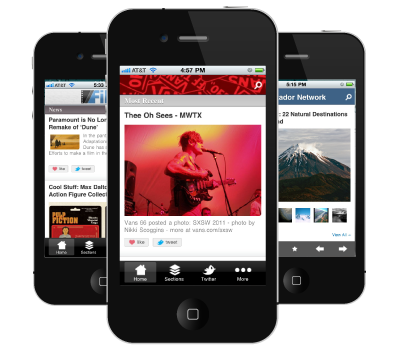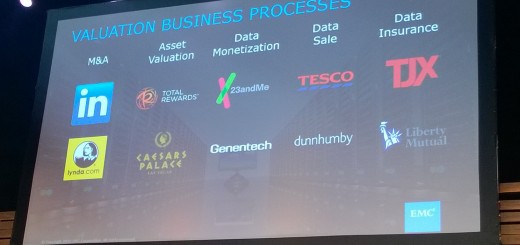After months working on a project, strategy or start up idea, it’s finally time to reveal it. Sweaty hands, adrenaline rush … despite a slightly nervous start, your well rehearsed pitch goes smoothly. You dare to lower your guard and relax … until someone points out at the Q & A the very obvious problem with it. Stunned silence. You can’t believe you didn’t see it yourself. You mumble something inaudible to answer and swiftly disappear from the stage.
Sounds familiar?
It did not happen because you are stupid nor because your friends or team wanted to sabotage you. No, you have been simply hit by a gorilla.
Inattentional blindness
At times blindness comes from arrogance, but sometimes it happens also for the humblest of us. When we are intensely focused on a particular aspect of the business or project, such as operational side of things, cash flow issues or doing pitches to get funding, we can miss the most important things that are right in front of us.
If you haven’t seen selective attention test video yet by Daniel J. Simons – a great classic – please watch it before reading the text below:
Hey, don’t cheat! Watch the 1.21 min. video first, so rest of the post makes more sense. You’ll be happy you did.
….
Good! So, how could most of the people miss the gorilla? Seems unbelievable. Yet when we devote our full attention to an operational activity, such as counting passes, reacting to emails, daily fire fighting or user acquisition, we unintentionally miss what really matters: are the leads we capture getting contacted, why does our target group buy the product, how can we actually make money out of the product?
Never assume you know the project inside out
Experience and expertise is invaluable, yet familiarity with the project might become a disadvantage. More time we spend with the project, more difficult it is to even imagine we could miss something.
We assume that just because we have the most experience on the project or because it’s “our baby”, we couldn’t miss the obvious.
Wrong. In fact we can easily miss what’s right in front of us, but we don’t even realize that we did. We are only aware of the things we noticed, but not of the things we didn’t. Until someone else points it out.
Open culture is essential for gorillawatching
Many companies need to hire consultants to point out the obvious, yet smart companies look closer: existing employees. Yet it’s very common to be secretive and not share anything until the project is finished – when it’s too late to change anything!
Companies need an open culture where employees feel encouraged to ask questions and share. We need to feel comfortable showing the work in progress to colleagues from different departments, cultures and hierarchy level than ours. Different points of view can compliment each other if all parties can give and receive feedback without the fear of looking stupid or getting into trouble.
For example, customer service agents deal with customer issues and wishes every day, which may reveal a major fault or opportunity we haven’t tapped into. Sales people know which selling point tips the scale and gets people to purchase our product. Finance folks can tell us which detail could be eating our profit margin. Listen. They might see a gorilla – no, a bunch of gorillas – dancing all over our project.
Accept criticism with graze
Yet for it to be a positive experience, we need to know how to deal with criticism and not get in a defensive mood if someone points something out or poses uncomfortable questions. In fact, if a question makes us feel uncomfortable, they are probably into something we haven’t thought of. Great!
Even if we don’t agree, we should still listen, thank them and appreciate a different point of view. Criticism is sometimes hard to swallow, especially when we are passionate about the project, but don’t you think it’s better to find the obvious when we still have time to do something about it?
Be open to new perspectives. It’s a jungle out there!








